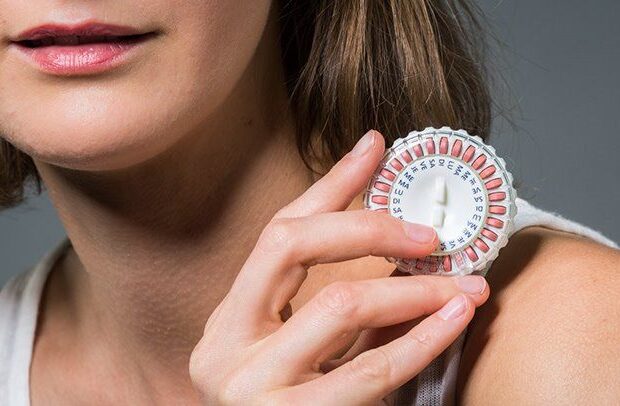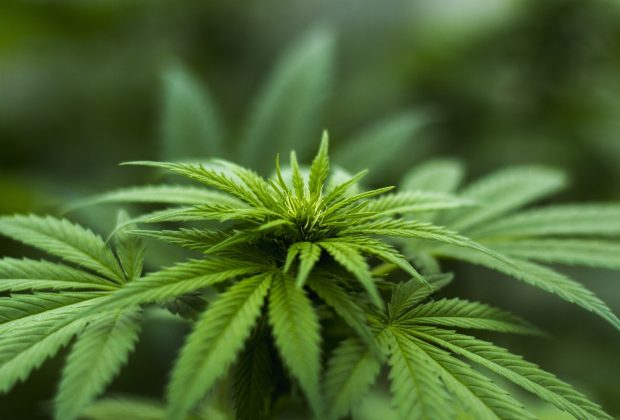Chronic kidney disease (CKD) treatments can ease symptoms, help keep the condition from worsening, and lessen complications. They can also help you live a longer, healthier life.
Medicines for chronic kidney disease include ACE inhibitors and aldosterone receptor blockers to control blood pressure, diuretics to eliminate extra fluid from your body, and vitamin D supplements for bone health.
Dialysis
Dialysis is a treatment that artificially removes waste products and excess fluid from your blood when your kidneys can no longer do this. It can also help control high blood pressure and regulate levels of chemical elements in your body, including potassium and sodium (salt). The treatment can be done at a dialysis center or home. It usually takes 3-4 hours each time.
Peritoneal dialysis is done by inserting a tube into the space in your abdomen called the peritoneum. The peritoneum contains thousands of tiny blood vessels, making it an effective filtering device.
You may experience low blood pressure and muscle cramps during the treatment, but these should improve with time. You can reduce these side effects by eating a healthy diet and taking your medications.
If your chronic kidney disease reaches stage 5 (end-stage renal disease, or ESRD), you will need dialysis to keep you alive until you can get a transplant. A kidney transplant is the best option for people with end-stage renal disease and kidney failure. However, transplants are not always available for everyone, and a dialysis treatment might be your only option.
Blood Transfusions
Blood transfusions are a common treatment for anemia in people with chronic kidney disease (CKD). Anemia is the decrease in the number of red blood cells. These cells carry oxygen throughout the body and help maintain proper circulation.
Normally, healthy kidneys make a hormone called erythropoietin (EPO). EPO sends a signal to the body to make more red blood cells. You may have anemia if your kidneys stop working or do not make enough EPO.
When you have anemia, it can cause some serious problems. It can affect your heart and blood vessels, make you tired, and cause shortness of breath.
If you have anemia because of kidney disease, your doctor can prescribe an erythropoiesis-stimulating agent (ESA). These drugs stimulate the body to produce more red blood cells. You may be able to self-administer the medication at home.
Medication
Chronic kidney disease (CKD) is the slow loss of kidney function over time. Treatments can help you slow the progression of your disease and prevent or delay the need for dialysis or a kidney transplant.
Your doctor will prescribe medicines to help manage the symptoms of CKD and protect your kidneys. They may also help you to prevent or control health problems related to CKD, such as diabetes and high blood pressure.
Medications for blood pressure, such as angiotensin-converting enzyme (ACE) inhibitors and angiotensin receptor blockers (ARBs), are commonly used to treat CKD and lower your risk of cardiovascular (CV) disease. Your doctor may also prescribe erythropoiesis-stimulating agents (ESAs), which stimulate red blood cell production in people with low hemoglobin levels. These medicines can be given as injections or tablets.
Another medication that your doctor may prescribe is medicine to control the buildup of potassium in your blood. Excess potassium can cause metabolic acidosis, a condition that can damage your heart and kidneys.
Diet
Eating a healthy diet can help your body manage the condition if you have kidney disease. It also helps you feel better, avoid complications and lower your risk of developing diabetes or high blood pressure, which can lead to more serious problems.
Your doctor or dietitian will work with you to develop a kidney-friendly diet plan that meets your needs. You can start by choosing a dietary pattern that focuses on healthy whole foods that are low in sodium, potassium, protein, and phosphorus.
You can also include fruits and vegetables in your diet as much as you can tolerate. Fruits and veggies contain vitamins, minerals, fiber, and water to keep you feeling full and hydrated.
A good intake of vitamins and minerals can help your body fight off infections and other illnesses that can worsen your kidney disease. A healthy diet can also help you keep a normal weight and reduce your risk of heart disease.
A kidney-friendly diet can be especially important for people with diabetes or high blood pressure, as these conditions often cause increased amounts of acid in the body and increase your risk for kidney disease. Limiting the fat in your diet can help keep blood sugar levels steady.
Eating the right balance of protein and carbohydrates is crucial to lowering your risk for kidney damage. Too much protein can cause waste products to build up in the blood, which makes it harder for your kidneys to remove them. Your doctor or dietitian can suggest various ways to lower your protein intake while still enjoying your favorite foods.
Read Full Article


Recent Comments